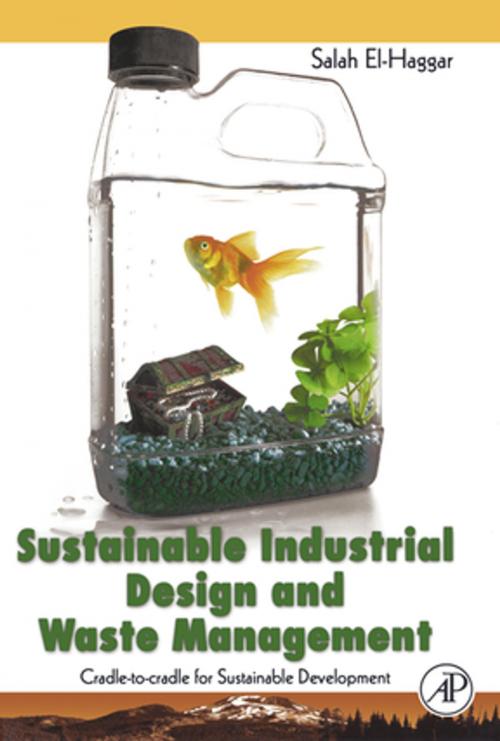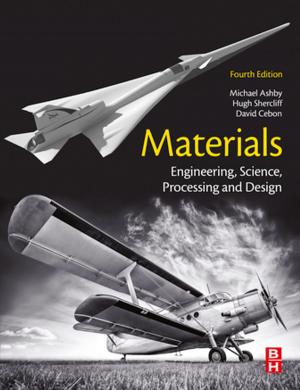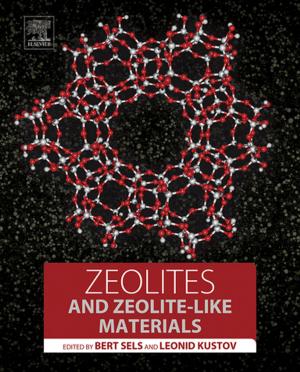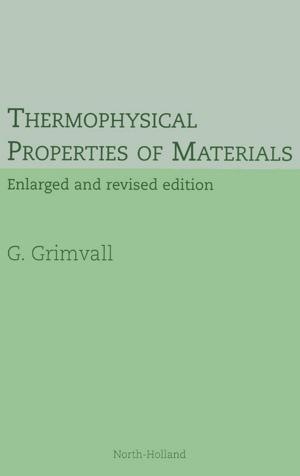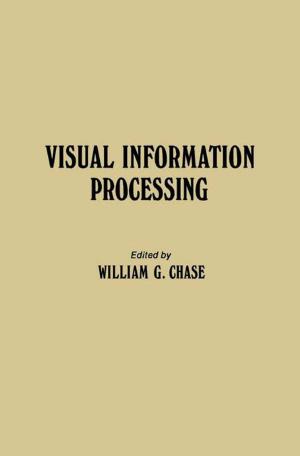Sustainable Industrial Design and Waste Management
Cradle-to-Cradle for Sustainable Development
Nonfiction, Science & Nature, Technology, Engineering, Environmental, Science, Biological Sciences, Ecology| Author: | Salah El Haggar | ISBN: | 9780080550145 |
| Publisher: | Elsevier Science | Publication: | July 28, 2010 |
| Imprint: | Academic Press | Language: | English |
| Author: | Salah El Haggar |
| ISBN: | 9780080550145 |
| Publisher: | Elsevier Science |
| Publication: | July 28, 2010 |
| Imprint: | Academic Press |
| Language: | English |
Sustainable Industrial Design and Waste Management was inspired by the need to have a text that enveloped awareness and solutions to the ongoing issues and concerns of waste generated from industry. The development of science and technology has increased human capacity to extract resources from nature and it is only recently that industries are being held accountable for the detrimental effects the waste they produce has on the environment. Increased governmental research, regulation and corporate accountability are digging up issues pertaining to pollution control and waste treatment and environmental protection.
The traditional approach for clinical waste, agricultural waste, industrial waste, and municipal waste are depleting our natural resources. The main objective of this book is to conserve the natural resources by approaching 100 % full utilization of all types of wastes by cradle – to - cradle concepts, using Industrial Ecology methodology documented with case studies. Sustainable development and environmental protection cannot be achieved without establishing the concept of industrial ecology. The main tools necessary for establishing Industrial Ecology and sustainable development will be covered in the book. The concept of “industrial ecology will help the industrial system to be managed and operated more or less like a natural ecosystem hence causing as less damage as possible to the surrounding environment.
- Numerous case studies allow the reader to adapt concepts according to personal interest/field
- Reveals innovative technologies for the conservation of natural resources
- The only book which provides an integrated approach for sustainable development including tools, methodology, and indicators for sustainable development
Sustainable Industrial Design and Waste Management was inspired by the need to have a text that enveloped awareness and solutions to the ongoing issues and concerns of waste generated from industry. The development of science and technology has increased human capacity to extract resources from nature and it is only recently that industries are being held accountable for the detrimental effects the waste they produce has on the environment. Increased governmental research, regulation and corporate accountability are digging up issues pertaining to pollution control and waste treatment and environmental protection.
The traditional approach for clinical waste, agricultural waste, industrial waste, and municipal waste are depleting our natural resources. The main objective of this book is to conserve the natural resources by approaching 100 % full utilization of all types of wastes by cradle – to - cradle concepts, using Industrial Ecology methodology documented with case studies. Sustainable development and environmental protection cannot be achieved without establishing the concept of industrial ecology. The main tools necessary for establishing Industrial Ecology and sustainable development will be covered in the book. The concept of “industrial ecology will help the industrial system to be managed and operated more or less like a natural ecosystem hence causing as less damage as possible to the surrounding environment.
- Numerous case studies allow the reader to adapt concepts according to personal interest/field
- Reveals innovative technologies for the conservation of natural resources
- The only book which provides an integrated approach for sustainable development including tools, methodology, and indicators for sustainable development
